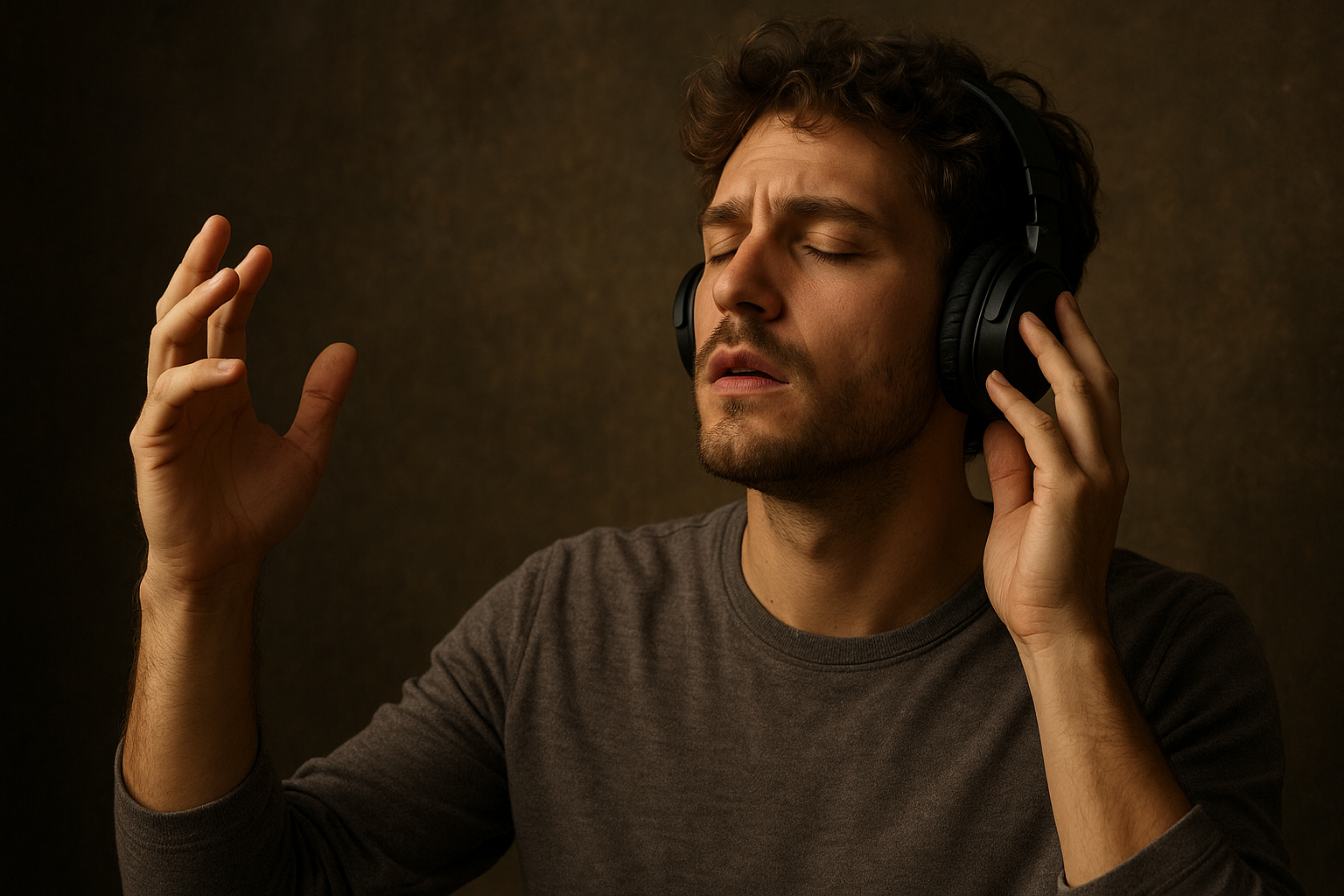Music, in its sublime essence, transcends the auditory experience, functioning as a vessel of revelation and a conduit to deeper truths. It is a profound art that reflects human emotions, cultural narratives, and spiritual journeys, offering insights into the innate aspects of existence that often elude ordinary understanding.
The Spiritual Power of Music
Throughout history, music has been more than mere entertainment. It has served as a sacred element in religious rituals and spiritual practices. Indeed, Plato once remarked, “Music gives a soul to the universe, wings to the mind, flight to the imagination, and life to everything” (Goodreads). This notion underscores music’s capacity to connect individuals to universal truths and higher states of consciousness.
Religions and spiritual traditions worldwide recognize the power of music. From the chanting of Gregorian monks to the dynamic rhythms of Sufi whirling dervishes, music facilitates a divine connection, a pathway to enlightenment and inner peace.
Music as a Narrative Tool
Beyond its spiritual dimensions, music also serves as a powerful narrative tool, conveying stories and truths that words alone cannot express. Lyrics combined with melody hold the potential to articulate complex emotional landscapes.
As Hans Christian Andersen wisely stated, “Where words fail, music speaks” (BrainyQuote). Music becomes a language in itself, capable of transcending cultural barriers and connecting on a human level.
- Jazz: Born out of the African American experience, jazz embodies stories of struggle, triumph, and hope, narrating history through its improvisational nature.
- Folk Music: Often embedded with local and historical narratives, folk music captures collective memories and societal growth, preserving them for future generations.
- Classical Compositions: Pieces like Beethoven’s Symphony No. 9 offer a timeless exploration of human emotion and philosophical inquiry.
Emotional Resonance and Personal Reflection
Music’s ability to evoke emotion is unparalleled. It not only reflects the composer’s intentions but also resonates personally, inviting listeners to explore their inner landscapes. Music becomes a mirror, reflecting emotions that listeners might find difficult to articulate.
In times of personal turmoil or joy, individuals often seek solace or celebration through music. This process of resonance and reflection can lead to personal revelations, as songs evoke memories, dreams, and desires. The emotional catharsis enabled by music can lead to self-discovery and an enhanced understanding of one’s place in the world.
Music and Cultural Identity
Music also plays a crucial role in the expression and preservation of cultural identity. It stands as a testament to cultural evolution, with unique sounds offering insights into societal values and historical challenges. For example, reggae music from Jamaica offers more than rhythmic appeal; it encapsulates themes of resistance, spirituality, and Bob Marley’s pursuit of global unity.
The Neuroscience of Music
Scientific studies support the profound impact of music on our brains. For instance, research from McGill University reveals that music triggers the release of dopamine, a neurotransmitter associated with pleasure and reward (Nature). This neural response not only explains the joy we derive from music but also its ability to influence emotional and psychological states.
Moreover, studies suggest that music can enhance cognitive function, improve mood, and even aid in mental health treatment. These findings highlight music’s profound ability to uncover the intrinsic emotional and psychological truths within the human mind.
Conclusion: A Universal Language
In summary, music is a universal language that unveils deeper truths through its spiritual, emotional, and cultural resonances. Whether through inducing personal revelations, narrating cultural histories, or facilitating emotional healing, music remains an essential part of the human experience.
In the words of Ludwig van Beethoven, “Music is the mediator between the spiritual and the sensual life” (Goodreads). As we continue to engage with this art form, we open ourselves to the myriad truths it reveals, enriching our connection to ourselves and the universe.
